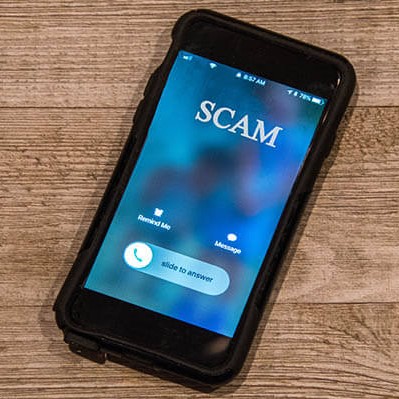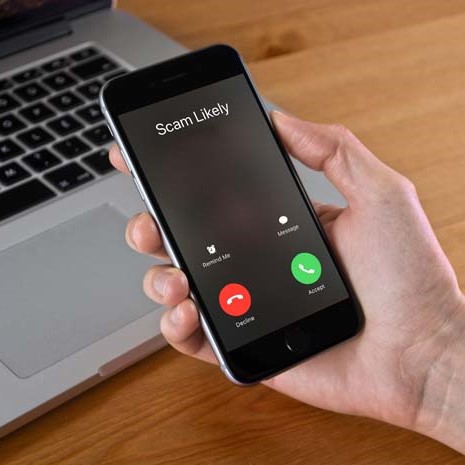
Over the weekend, the IRS began depositing stimulus checks into qualifying American’s accounts. Individuals will receive $1200, married couples will receive $2400, and $500 for each dependent child under 17.
To qualify, you must make less than:
- $75,000 for individuals
- $112,500 for head of household filers and
- $150,000 for married couples filing joint returns
Taxpayers will receive a reduced payment if their AGI is between:
- $75,000 and $99,000 if their filing status was single or married filing separately
- 112,500 and $136,500 for head of household
- $150,000 and $198,000 if their filing status was married filing jointly

According to the IRS’s website, the amount of the reduced payment will be based upon the taxpayer’s specific adjusted gross income. Retirees who meet the income criteria and receive Social Security, disability, veteran’s benefits, rely on certain benefit programs, or haven’t filed taxes in 2018 or 2019 will receive payment.
If you were expecting to receive a payment but haven’t received it yet, don’t panic. The IRS will be distributing the stimulus in batches throughout April. The easiest way to check the status of your stimulus is through the IRS’s “check your payment” feature, which can tell you when you should receive the payment and any holds, if applicable. You can also enter your bank information if they don’t have it on file. Keep in mind, many Americans will be checking this website, so loading times may be longer than usual. The heaviest internet traffic is between 7:00 PM and 11:00 PM; consider checking the stimulus status tool outside these hours for the quickest response. When entering your information, you’re only allowed 2 attempts per 24 hours, so make sure to triple-check the data input.


Keep in mind, scams are likely to rise during times of uncertainty. The only time you should be giving the IRS your information for the stimulus is through their website, which is meant for non-filers. The Better Business Bureau issues a warning that scammers have been calling, texting, and even using social media to trick people into giving their Social Security number or bank information out.
Watch out for these scams:
- Checks in odd amounts, including cents, or a verification-required check
- Calls, texts, or social media messages from the “IRS” regarding your check
- Personal information verification through a link or website click
- Pay processing fees to speed up your check

If you come in contact with these scams, immediately hang up or block the number/account. The government already has your information on file and will not call, text, or reach out via social media regarding the stimulus check. When in doubt, don’t give out information and wait for official government correspondence.

